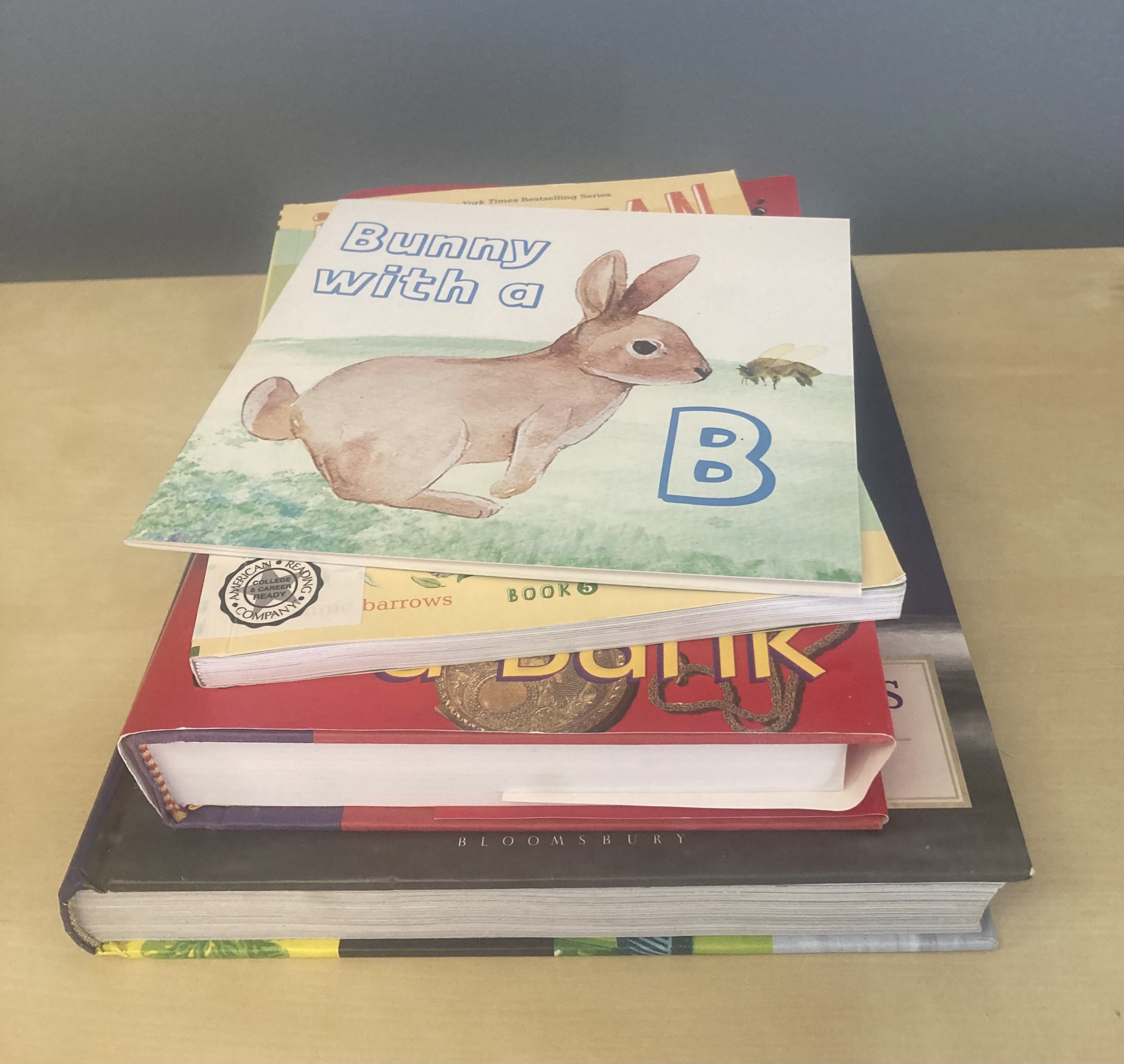Size Matters and TED Knows It
Informational and inspiring TED Talks are limited to exactly 18 minutes because the nonprofit behind them knows that size matters. According to TED Talks Curator Chris Anderson, 18 minutes is “short enough to hold people’s attention, including on the Internet, and precise enough to be taken seriously. But it is also long enough to say something that matters.” The global audience for these talks is made up of casual inquirers and others interested in short though often complex treatments of a broad range of topics.
So, you might wonder why Unite for Literacy, a social enterprise that’s all about growing readers, is excited about video presentations. One reason is that TED recently published a list of 24 short books (each fewer than 200 pages) that are highly recommended by TED Talks speakers as being particularly valuable in their work.
Wait a minute! Why are these speakers focused on what avid readers would consider short books? Perhaps because non-avid readers are far more likely to pick up and read a “short” book rather than a “long” one. And this reasoning annihilates the implication that short books can be too easy and big books too hard. Really? Too easy or too hard for whom?
The complaint that reading books of any length is daunting typically comes from people—children and adults—who have not experienced what reading books can do for them. People who lack positive book encounters find it difficult to commit to wading into printed works that are wide and deep and filled with information, ideas, stories, characters, theories, conflicts, revelations, and on and on.
Yet consider this scenario. Once while walking through a department store, two kids who looked to be about 8 or 9 years old, were observed walking duckling-like behind their mother, each with their noses stuck in Harry Potter books. It’s hard to imagine an adult holding out the 251-page Harry Potter and the Chamber of Secrets to an 8 year old and saying, “I loved this. Wanna give it a try?” However, that or something quite like it, was precisely what had to have happened to those two children. Offering such a book to a reluctant reader could predictably evince a scowl…but maybe not. Particularly if the recovering reluctant reader had just finished Harry Potter and the Sorcerer’s Stone, or the first of any of the dozens of book series for kids in any age group. Or if the “recommender” was an enthusiastic peer who had just finished a book they loved.
Book length matters to the uninitiated reader who counts pages as if calculating how long they can stay under water. It also matters to the reading devotee looking for something substantial to add to their lives. Yet for those in both camps, “short” books might represent just the right size to interest and educate the non-readers of the world.
